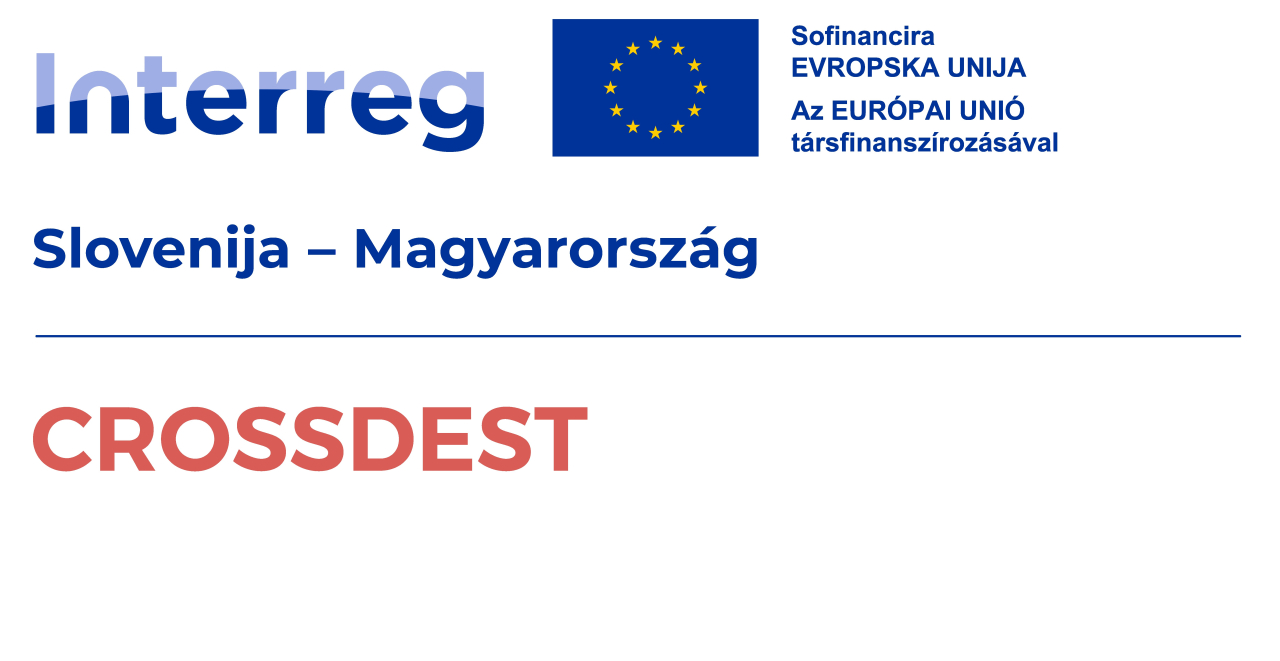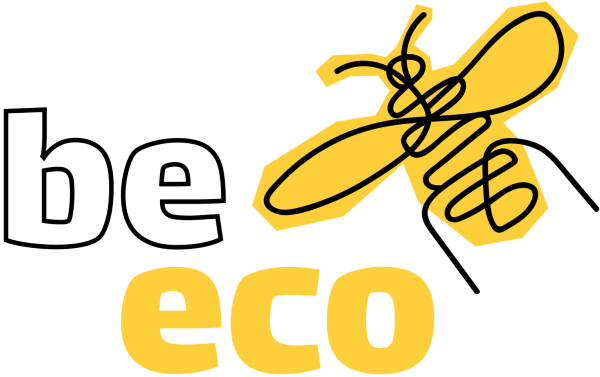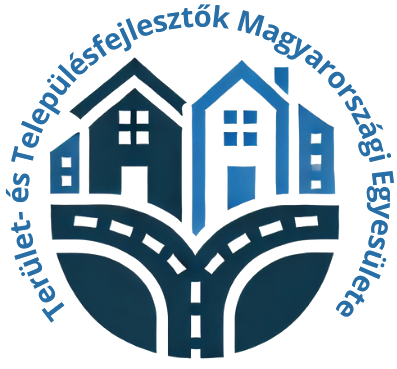Székelyhodos
Székelyhodos (in Romanian: Hodosa) is a small Székely village located in the western part of Harghita County, on the border of Sóvidék and the Küküllő region. Administratively, it belongs to the commune of Farkaslaka. Its secluded location, the surrounding hilly landscape, and the forest-covered scenery offer visitors a unique sense of tranquillity and an authentic rural atmosphere. The village has a small but vibrant community where locals engage in traditional farming practices, including livestock grazing, small-scale gardening, and beekeeping. The village layout has preserved the traditional Székely settlement structure, with wooden houses and fences, a small chapel, and simple, tidy courtyards that faithfully reflect the region's folk culture. Székelyhodos is less known among tourists, making it an ideal destination for those seeking a truly quiet, nature-filled environment, fresh air, and a taste of traditional rural life. The surrounding area is perfect for hiking, walking, or cycling trips. Through nearby Farkaslaka, visitors can easily access local attractions such as Korond, Parajd, or the birthplace of Áron Tamási. Székelyhodos offers a unique experience for those who prefer the enduring, quiet beauty of Székely everyday life over noisy tourist attractions – a place where simplicity is not a lack but a value. - editorial content -
Getting there
- Walk
- Horseback
- Bike
- Electric bicycle
- Bus (rented for the trip)
- Bus (rented for the trip)
- Motorcycle
- Car
- Electric car
Arrival
- Walk
- Horseback
- Bike
- Electric bicycle
- Motorcycle
- Car
Public transport
- bus
Parking information
- Free outdoor parking available
Sustainability level
Topic 1: Destination Management 48%
- Visitor management: 40%
- Commitment and organization: 0%
- Design & development: 50%
- Monitoring and reporting: 50%
- Legal and ethical compliance: 100%
Topic 2: Nature and landscape 100%
- Nature and wildlife protection: 100%
- Nature and conservation: 100%
Topic 3: Environment and climate 39%
- Land use and pollution: 67%
- Water management: 40%
- Energy, sustainable mobility and climate change: 0%
- Adaptation to climate change: 50%
- Waste and recycling: 40%
Topic 4: Culture and traditions 88%
- Cultural heritage: 100%
- People and traditions: 75%
Topic 5: Social Welfare 39%
- Health and safety: 100%
- Local economy: 0%
- Socio-economic impacts: 0%
- Community participation: 25%
- Human dignity: 71%
Topic 6: Business and Communication 53%
- Business participation: 22%
- Information and marketing: 83%




